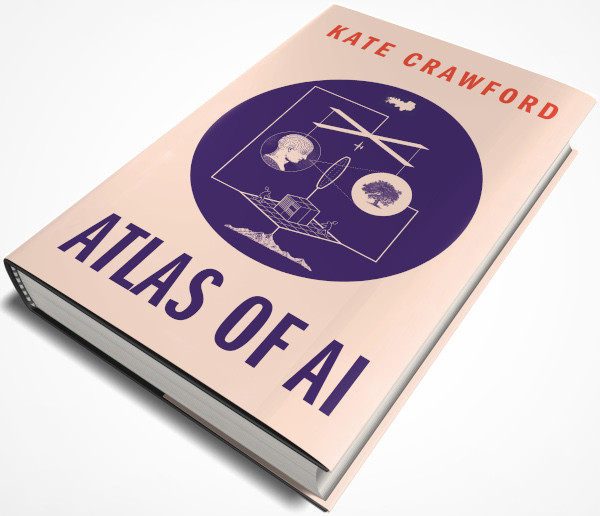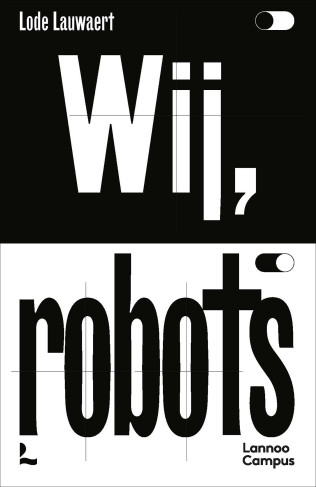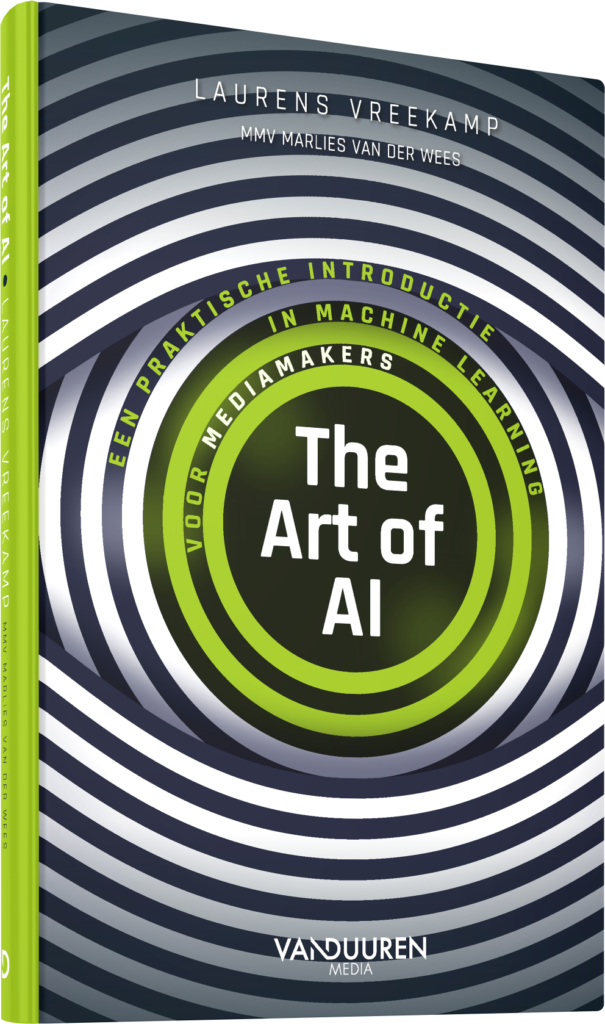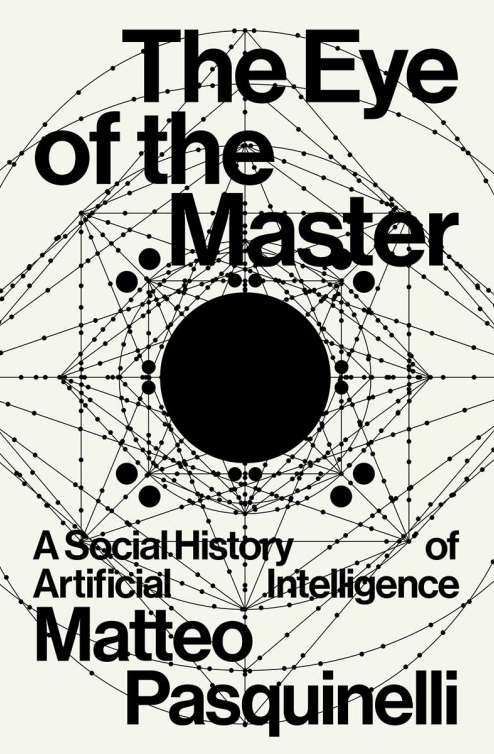Boeken
Atlas of AI - Kate Crawford
A history of the data on which machine-learning systems are trained through a number of dehumanizing extractive practices, of which most of us are unaware.
In Atlas of AI: Power, Politics, and the Planetary Costs of Artificial Intelligence Crawford reveals how the global networks underpinning AI technology are damaging the environment, entrenching inequality, and fueling a shift toward undemocratic governance. She takes us on a journey through the mining sites, factories, and vast data collections needed to make AI "work" — powerfully revealing where they are failing us and what should be done. Atlas of AI was named one of the best books on technology in 2021 by the Financial Times.
Wij robots - Lode Lauwaert
EenA filosofischephilosophical blikview opon technologietechnology enand artificiële intelligentie. AI.
AlsWhen hetdiscussing overtechnology technologieand enAI, AIthe gaat,image doemtoften vaakarises hetof beelda opfuture vanwith eenmalevolent, toekomsthyper-intelligent metsystems kwaadaardige,dominating hyperintelligente systemen die de mens overheersen.humanity. Wij, robotsrobots, daarentegenhowever, focustfocuses opon watwhat zichis voorhappening onzeright ogenbefore afspeelt:our eyes: (zelfrijdende)self-driving) wagens,cars, smartphones, apps, stoommachines,steam kerncentrales,engines, computersnuclear enpower alleplants, anderecomputers, and all the other machines waardoorthat we onssurround latenourselves omringen.with.
DitThis boekbook steltraises fundamentelefundamental vragenquestions overabout dethe impact vanof nieuwenew enand oudeold technologie.technology. Is technologietechnology neutraal?neutral? BeseffenAre we voldoendesufficiently dataware that Big Tech weetknows watour onzesexual seksueleorientation, oriëntatie,philosophical levensbeschouwelijkepreferences, voorkeurand enemotions? emotiesAnd zijn?since Enthe wordtdigital derevolution, wereldis sindsthe deworld digitalegoverned revolutieby bestuurdengineers, dooror ingenieurs,are their inventions merely a product of zijn hun uitvindingen slechts een product van de samenleving?society?
Art of AI - Laurens Vreekamp
AutomatischA beeldenpractical zoekenlook at how the creative process and AI go hand in jehand, eigenoutlining archief.the Podcastsopportunities monterenand alsofdangers jeof eenartificial tekstintelligence.
Automatically searching images in your own archive. Editing podcasts as if you were modifying a text in Word. IllustratiesGenerating genererenillustrations metwith tekst,text, alternatievecoming koppenup bedenkenwith vooralternative jeheadlines artikelfor your article, or creating automatic transcriptions of automatischedozens transcriptiesof makenaudio vanrecordings tientallensimultaneously; geluidsopnamesthe tegelijk; de mogelijkheden van AI zijn eindeloos.
In The artpossibilities of AI werpenare auteursendless.
In The Art of AI, authors Laurens Vreekamp enand Marlies van der Wees eentake praktischea blikpractical oplook hoeat hethow creatievethe procescreative enprocess and AI go hand in handhand, gaanoutlining enthe zettenopportunities zeand de kansen en gevaren van kunstmatige intelligentie uiteen. Oók als je geen programmeerkennis hebt, wiskundeknobbeldangers of voorliefdeartificial voorintelligence. statistiek.This book is accessible even if you have no programming knowledge, mathematical aptitude, or a preference for statistics.
The Eye of the Master - Matteo Pasquinelli
What is AI? A dominant view describes it as the quest "to solve intelligence" - a solution supposedly to be found in the secret logic of the mind or in the deep physiology of the brain, such as in its complex neural networks. The Eye of the Master argues, to the contrary, that the inner code of AI is shaped not by the imitation of biological intelligence, but the intelligence of labour and social relations, as it is found in Babbage's "calculating engines" of the industrial age as well as in the recent algorithms for image recognition and surveillance.




